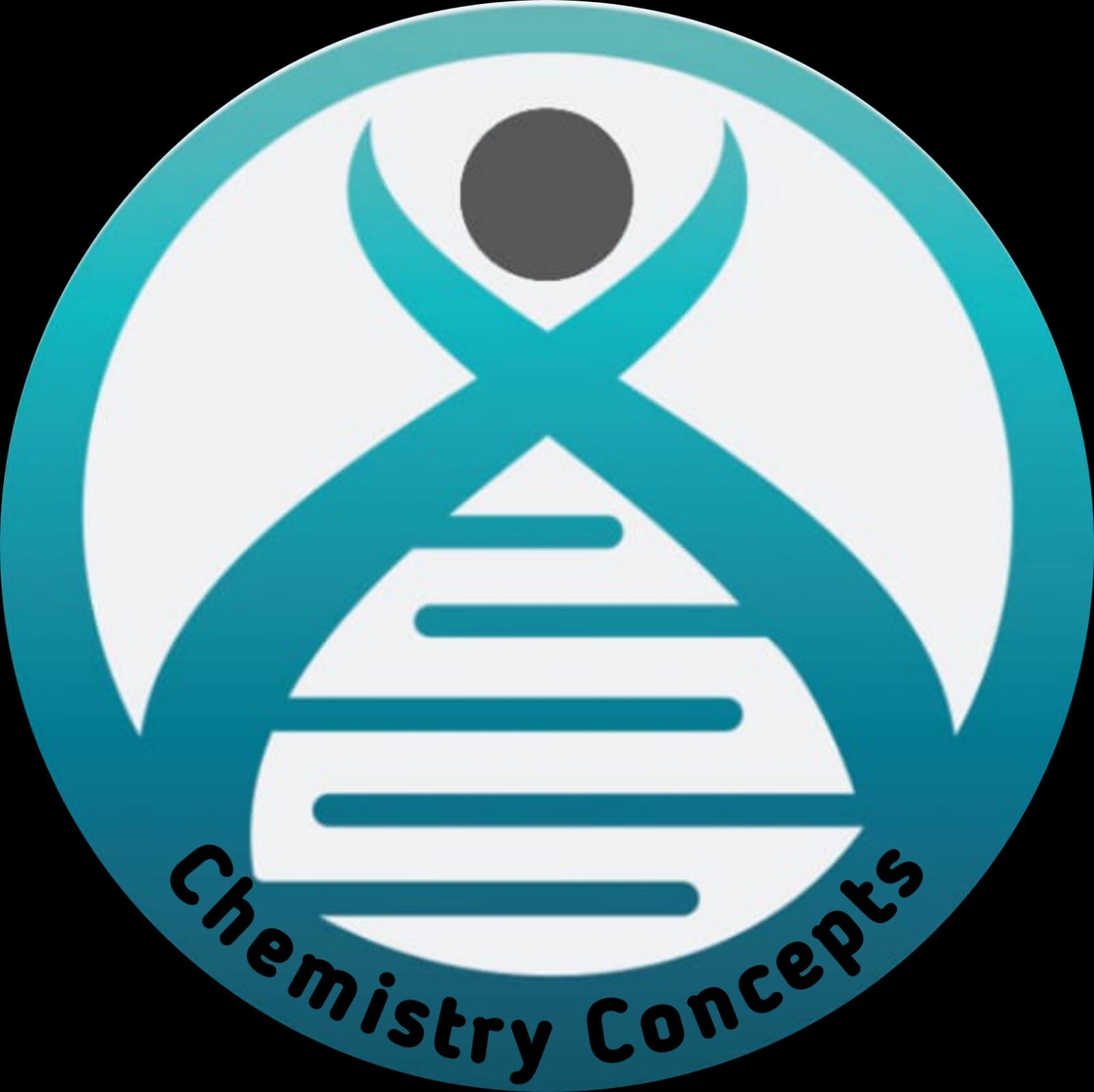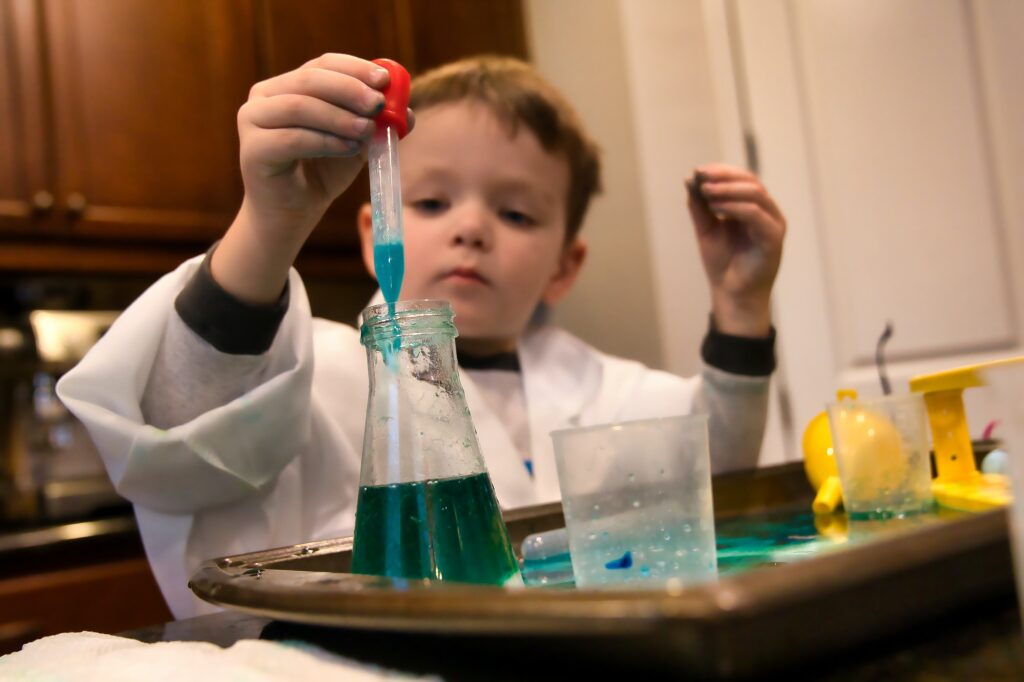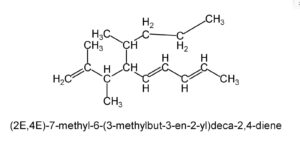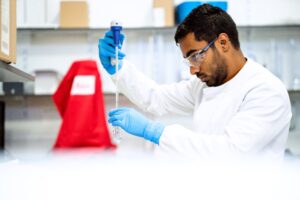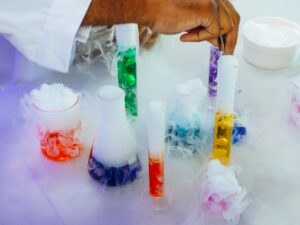Organic chemistry is the study of the structure, properties, and reactions of compounds, which are compounds made up of carbon and hydrogen, along with other elements such as nitrogen, oxygen, and sulfur. It plays a significant role in our daily lives, affecting many of the products and processes we use and interact with every day. Here’s a closer look at the role of chemistry in our daily life:
- Food: Organic chemistry is essential in the food industry, as it helps to create food additives, preservatives, and flavorings. It plays a critical role in developing many medications. For instance, compounds such as ascorbic acid (vitamin C) preserve the freshness of fruits and vegetables, while artificial sweeteners like saccharin and aspartame substitute for sugar and lower calorie intake.
- Medicine: Organic chemistry is critical in the development of many medications, including pain relievers, anti-inflammatory drugs, and antidepressants. By understanding the structures and reactions of organic compounds, chemists can create new drugs that target specific illnesses and improve human health.
- Energy: Organic chemistry produces energy by refining fossil fuels like oil and natural gas through chemical processes to create gasoline, diesel, and other fuels.
- Agriculture: The agriculture industry uses organic chemistry to create fertilizers, pesticides, and herbicides, which increase crop yields and protect crops from pests and diseases.
- Consumer products: Organic Chemistry plays a role in the creation of many consumer products, such as cosmetics, detergents, and soaps. For example, shampoos contain surfactants, which are organic compounds that help to clean hair by removing dirt and oil.
In conclusion, chemistry is a crucial part of our daily lives, affecting many of the products and processes we use every day. From food and medicine to energy and consumer products, It help to improve our quality of life by providing us with the resources we need to live healthy, productive lives.
